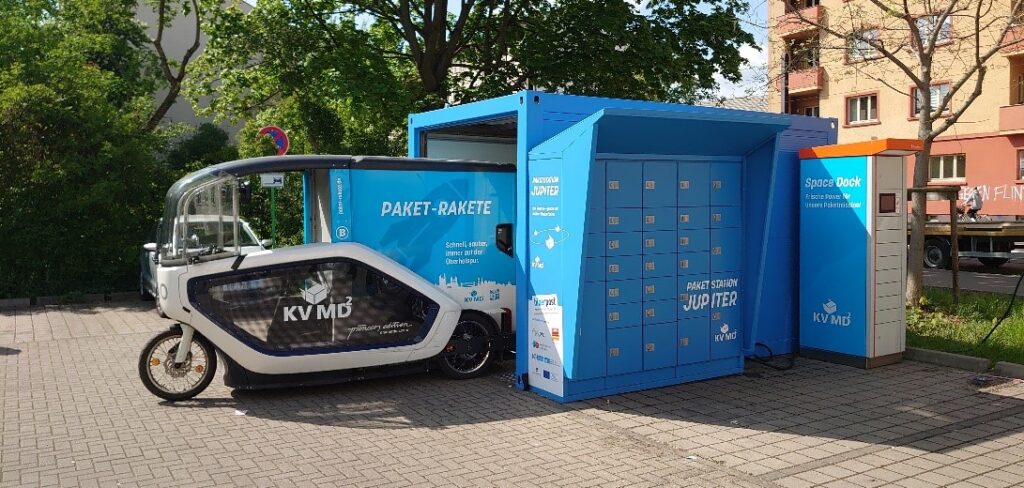The 2023 Green Last Mile Europe report from Last Mile Experts (LME) has just arrived and sheds light on the impact of e-commerce on the environment and proposes solutions to make the last mile more sustainable. Unfortunately, it also suggests significant greenwashing by many of the key players.
Key findings
E-commerce now represents over 70% of European CEP volumes, which has led to a significant increase in parcel-related vehicles on the streets and a high carbon footprint. In 2022, the European CEP market volume reached almost 16.5 billion parcels, but it is estimated that by 2032 it will exceed 40 billion parcels per annum, leading to an e-commerce parcel related carbon footprint of up to 5.5 million metric tons.
The LME report emphasizes the need for all stakeholders, including retailers, delivery companies, consumers, local authorities, governments and regulators, to be more active in creating a greener last mile. It suggests that education of all last-mile stakeholders is a major opportunity for achieving better and more ecological delivery via shipping less air, driving responsible consumer patterns, or ordering parcels when and where the consignee can really collect them. The development of efficient and proximate out-of-home (OOH) networks and other forms of last-mile consolidation such as urban consolidation points and nano hubs is also recommended.
Even though there appears to be a clear sustainable advantage of online over bricks and mortar shopping in Europe, last-mile delivery and packaging still contribute up to 40% of the e-commerce delivery CO2e impact and therefore, greenhouse gas reduction projects in these areas can provide significant sustainable gains. At the same time, consumers are increasingly demanding sustainability in logistics and the last-mile process. Recent research shows that almost 80% of customers prefer eco-friendly delivery options when available. However, many are unwilling to pay for it, assuming that responsibility falls on the retailers or carriers.
Given the above, some large operators, such as DPD Group, and several larger local heroes, such as PostNord, Posten Norge, InPost, bpost, Posti and Evri, are genuinely seeking to ‘walk the talk’ in the green last mile, including the implementation of measures based on the Scientific Based Targets initiative (SBTi) to track their sustainability improvement progress. However, despite continued communication activities by many stakeholders regarding their green policies, many operators are ‘greenwashing’, and few players, especially among the integrators, appear to be really making headway in creating a green last mile.
The authors of the LME report indicate that current data shows that the actions of players across the logistics industry are being noticed, but that no major CEP players are currently owning this space in a way that could drive brand differentiation. Moreover, just 13% of logistics brands have a strong consumer profile in sustainability according to research by Kantar.
The report shows that cargo bikes are becoming increasingly popular as a sustainable alternative to traditional delivery vehicles in dense urban areas. But while EVs also appear to have a key impact in creating a green last mile, no significant impact is expected any time soon as the infrastructure that enables them to be used at scale is still being developed.
Probably the key finding from the LME report is that much can be done by education of stakeholders or by developing coherent OOH options, which are operationally and financially efficient too. Above all, key players must feel the pressure to play their part in creating the green last mile.
More detailed information on the above topic can be found in the report, which can be found here: https://lastmileexperts.com/reports-subscriptions/


